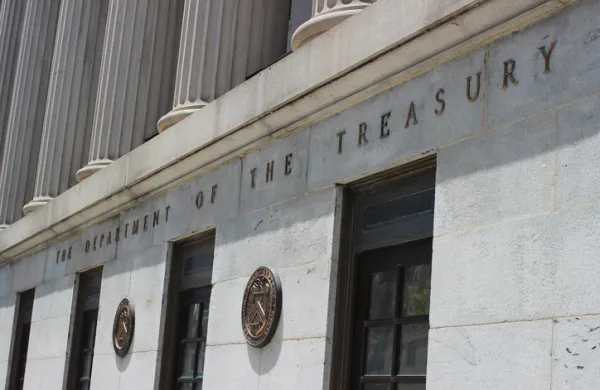A call to make
With Rodrigo Duterte elected as president of the Philippines on May 9, Liliana Castillo Dearth and Denise Boynton at AllianceBernstein have a message for the newly installed government: Bolster the country’s burgeoning call center sector. During the past several years, “business process outsourcing has become a pillar of growth,” they write. “It accounted for 7 percent of gross domestic product in 2015 and ranked as the economy’s second-largest sector, behind only remittances from Filipinos who work abroad.” Many of the call center employees interviewed by the writers reported having more discretionary income and “being able to enjoy leisure time at places such as Starbucks — perhaps the most popular venue at which to indulge with friends and get free Wi-Fi to boot.” At the same time, though, many also described health problems in connection to the odd work schedules and lack of time to grab meals healthier than fast food.
Flexible bonds
Times change — and bond investing is no exception. “Broadly speaking, from the early 1980s through 2008, interest rates were steadily falling and the world was levering, providing unparalleled dual technical tailwinds of rising prices and ample supply for bond managers,” writes Rick Rieder of BlackRock. “Today that is no longer the case. We are witnessing a more constrained fixed-income supply, particularly in relation to demand.” To weather this low-interest-rate environment, Rieder suggests that bond investors consider a balanced barbell approach to their portfolios by “combining a set of defensive allocations with some higher-yielding carry assets.”
China paradox
A recent trip by KKR’s Henry McVey and his colleagues confirmed their projections that the country is on track to sustain annual growth exceeding 6 percent. The group had other takeaways from the trip as well, however: “Our bigger conclusion remains that the Chinese economy is structurally slowing, driven by disinflation, declining incremental returns, demographics and the law of large numbers.” McVey also foresees the yuan depreciating as much as 3 percent over the next 12 months and a need to shift the country’s debt burden away from local government and corporations and toward central government and consumers. McVey continues, “We at KKR see that shift as the only path forward for China’s long-term prospects.”
Ten more years
The United Nations’ Principles for Responsible Investment turned ten this year. One key development in the past decade, writes Mamadou-Abou Sarr of Northern Trust Asset Management, is that “the financial services industry has moved from a socially responsible investing approach to one of holistic environment, social and corporate governance integration.” The number of signatories to the PRI has grown to 1,500 from 100 at its outset, but “the PRI’s work is far from complete,” Sarr adds. “The industry will need to adopt a mind-set that takes into account systemic issues such as ensuring that fiduciary duties are met.”
To your credit
In this low-yield environment, the hunt for returns presses on. “For credit investors,” writes Lisa Coleman of J.P. Morgan Asset Management, “it’s about finding worthy companies — that is, borrowers — and buying their debt at the most attractive prices available to generate strong risk-adjusted returns.” One such asset segment, she notes, is European high-yield, which “more than compensates investors for credit risk when looking at prices relative to the expected level of losses or average default rate.” •






